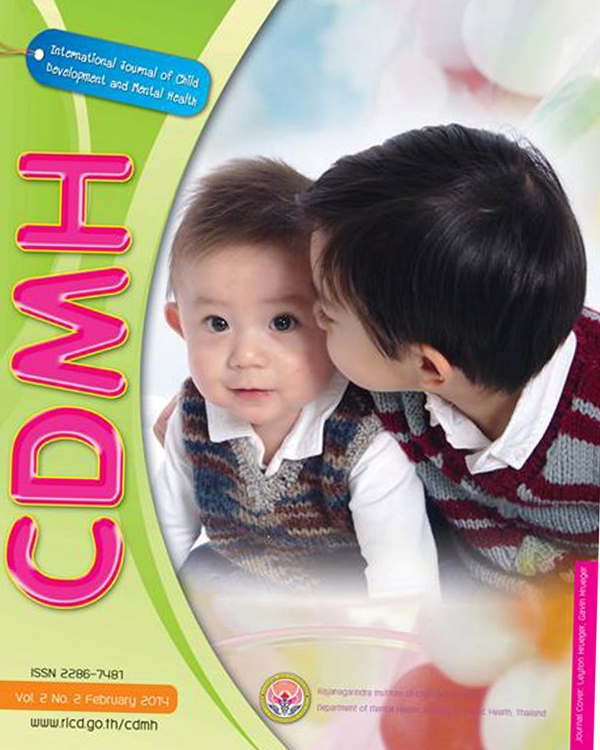Philippine Mental Health Association’s Youth Life Enrichment Program: An Evaluation of a Preventive Mental Health Program for the Filipino Youth
Main Article Content
Abstract
This research evaluates the impact of “Lusog Isip ng Kabataan” (LINK) (Mental Health
of the Youth) Club, the implementing arm of the Philippine Mental Health Association’s Youth Life Enrichment Program (YLEP) among its urban public high school participants during the school year 2013-2014. Respondents were 47 grades 7-10 student members from three school divisions where LINK has been implemented. These students were purposively chosen as they were able to attend at least 80% of the activities for the school year. A 35-item four-point likert scale questionnaire was devised to quantify the participants’ responses on how the program impacted them on the following areas: selfawareness/competence; interpersonal relationships; family relationships, and awareness of social issues. Weighted mean average and standard deviation of the responses were computed. To validate the participants’ responses, a Focused Group Discussion (FGD) was conducted with 24 guidance counselors and/or values education teachers who accompanied the students to the different activities implemented. With an overall weighted mean of 3.47 (4 being the highest) and a standard deviation of 0.17, this evaluation shows that the LINK mental health club had a positive impact on the student participants of this study. FGD with advisers corroborated with the participants’ overall responses.
Article Details
The authors retain copyright and permit the journal the copyright of first publication
Articles, once having passed the review process and accepted for publication in the CDMH Journal, are copyrighted under the CDMH Journal, Department of Mental Health, Ministry of Public Health. Please be aware distribution of CDMH Journal content for commercial purposes without permission is expressly prohibited. However, distribution with intent to educate, advocate, or spread awareness within the general public and research communities is permitted and encouraged with the understanding that the CDMH Journal Editorial Board do not hold jurisdiction or liability for any accompanying comments, text, or information from third parties, either in favor for or against the original article’s assertions, conclusions, methodology, or content.


